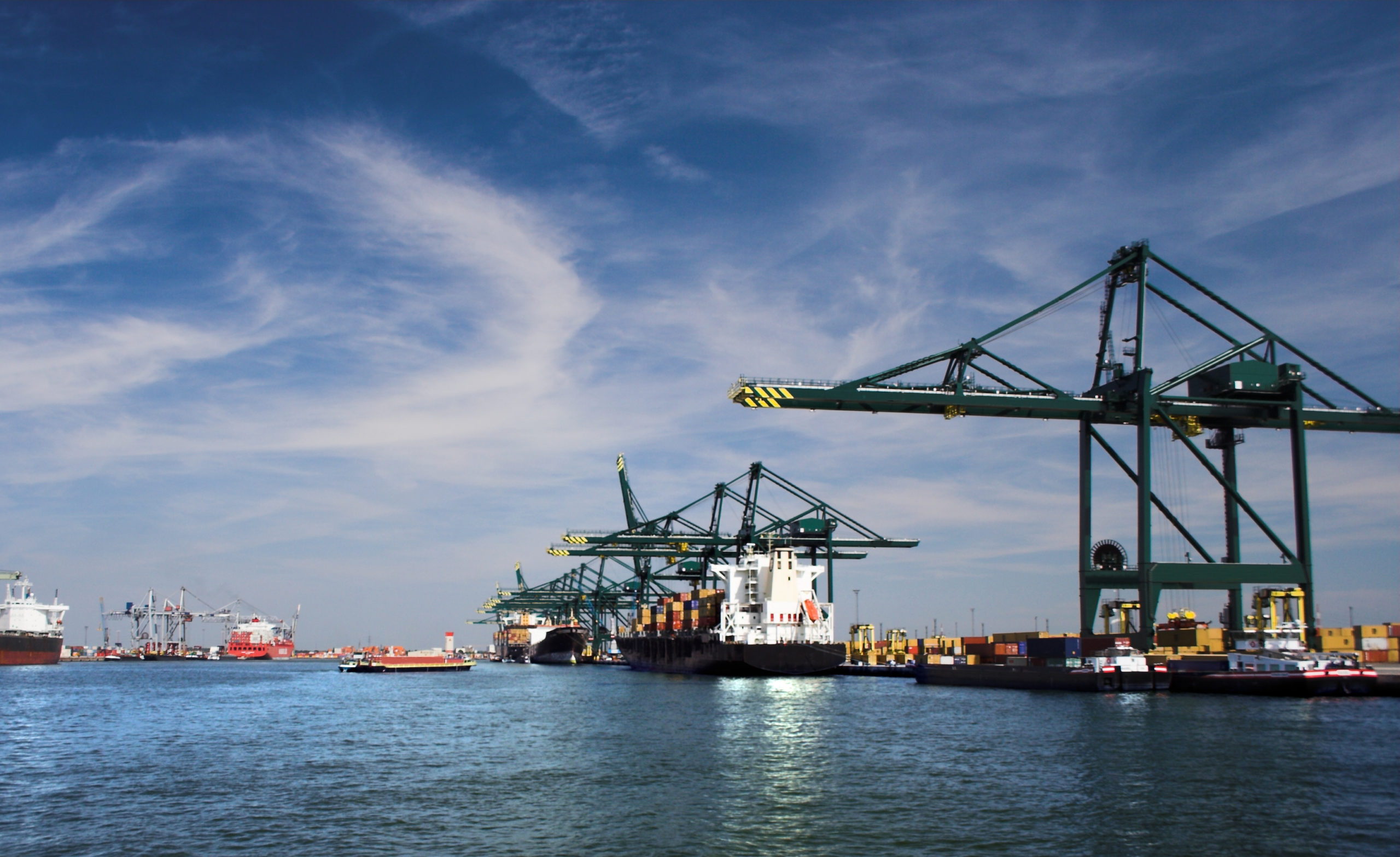The Irish manufacturer Combilift has marked a further milestone when its 60,000th unit came off the production lines at the company HQ in Monaghan and was shipped to the other side of the world. The customer taking delivery of this special forklift is Metroll, a leading Australian manufacturer and supplier of steel building products including roofing, cladding, rainwater, structural and fencing.
Metroll has branches across the country, and the new Combi-CB3000 will be a further addition to its fleet of 13 Combilifts that are operating throughout the Metroll Group, with another 10 already on order. These range from 3t multidirectional units to a highly customised 10t model.
Combilift number 60,000 will be working at the site in Toowoomba and has been fitted with features such as 4.9m triplex mast with a 3050mm spreader to safely and easily manage the long loads that are typically handled by Metroll.
Metroll Operations Manager Vic Josephs said: “Like most businesses, we are very busy and we’re also growing at a significant rate, so space has become a premium resource. With this unit we can utilise our space more efficiently whilst at the same time operating safely. Safety is of paramount importance. This forklift allows our machinery to get into tighter spaces and for us to space our racks more closely together to maximise factory floor space.”
Combilift CEO and Co-Founder Martin McVicar commented: “This is a great achievement for Combilift, particularly as almost every truck we manufacture is a one-off, designed for specific and individual requirements. There are very few other companies, if any, that can offer this level of customisation whilst manufacturing in such volume. The first half of this year has been by far the best in our 23-year history for the number of orders we have received – not just for Combi-CB models but across our complete product range.”
Chris Littlewood, Country Manager of Combilift Australia said: “The Combi-CB 3t model is the most popular unit in the Australian market and accounted for 50% of the machines we sold in the year ending March 2021. So we are particularly pleased that it is one of our customers in this country that has been able to receive this landmark machine.”
Following the successful collaboration with Metroll in Australia, Combilift now also supplies its trucks to the company’s Californian-based operations too. “We have often found that a recommendation from one country leads to sites elsewhere adopting the same material handling processes with our products,” said Martin McVicar. “So we’d like to congratulate Metroll on taking delivery of our 60,000th truck, and thank them for their continued support over the years.”






